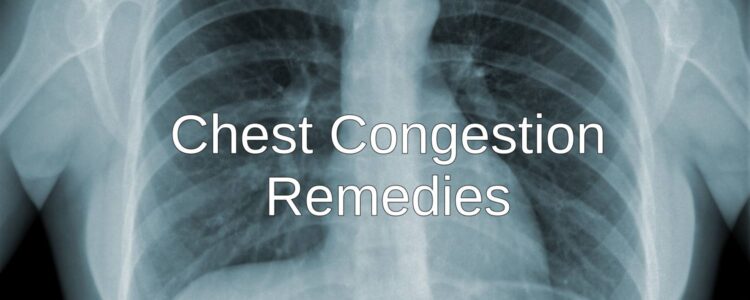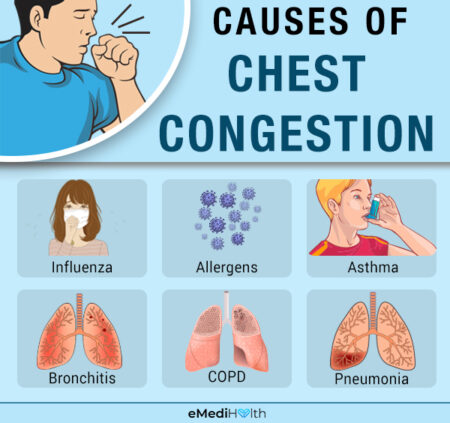

#Chest feels congested but not sick skin#
It is always a good idea to call your doctor if you hear wheezing, especially if there hasn't been a previous diagnosis of asthma. Bronchiolitis can usually be treated at home, but again, best to touch base with your doctor if she develops a cough with wheezing. Call 911 if your child starts breathing rapidly (50 breaths per minute or more if your child is 2 months to 1 year, and 40 breaths per minute or more if your child is 1 to 5 years old), or if breathing is labored and/or the color of her skin turns pale or dusky. Asthma is uncommon in children under the age of 2, while the vast majority of cases of bronchiolitis are in babies under the age of 1.

It could indicate either asthma or bronchiolitis.
#Chest feels congested but not sick full#
Your child may have pertussis (or whooping cough), especially if there have been cases reported in your community and she hasn't yet completed the full vaccine series. Extreme coughing can even cause vomiting when the spell is over.

If steamy air doesn’t do the trick, call the doctor as she may need a breathing treatment (an aerosol with medication). Sometimes, however, a barky cough may take longer to improve. Then run the shower and let her breathe in the steamy air within 15 to 20 minutes, the warm, moist air should help breathing.

This probably indicates croup, which is also usually a viral infection. The American Academy of Pediatrics advises against using cough and cold medications if your child is under 6 years old, since studies show they’re no more effective than a placebo at controlling symptoms, and they can result in dangerous side effects. Run a cool-mist humidifier, give your child lots of fluids and use saline drops. This probably means your child has a sore throat caused by a cold or allergies. It’s infrequent (she's coughing on and off and not continuously) and dry.The main cause behind a cough is mucus, which drains down the nose to irritate the back of the throat. CoughsĬoughing is a very common cold symptom - and while it sure sounds awful, it’s generally not a sign of anything serious. Read on for tips to recognize and treat five of the most common symptoms in kids.


 0 kommentar(er)
0 kommentar(er)
